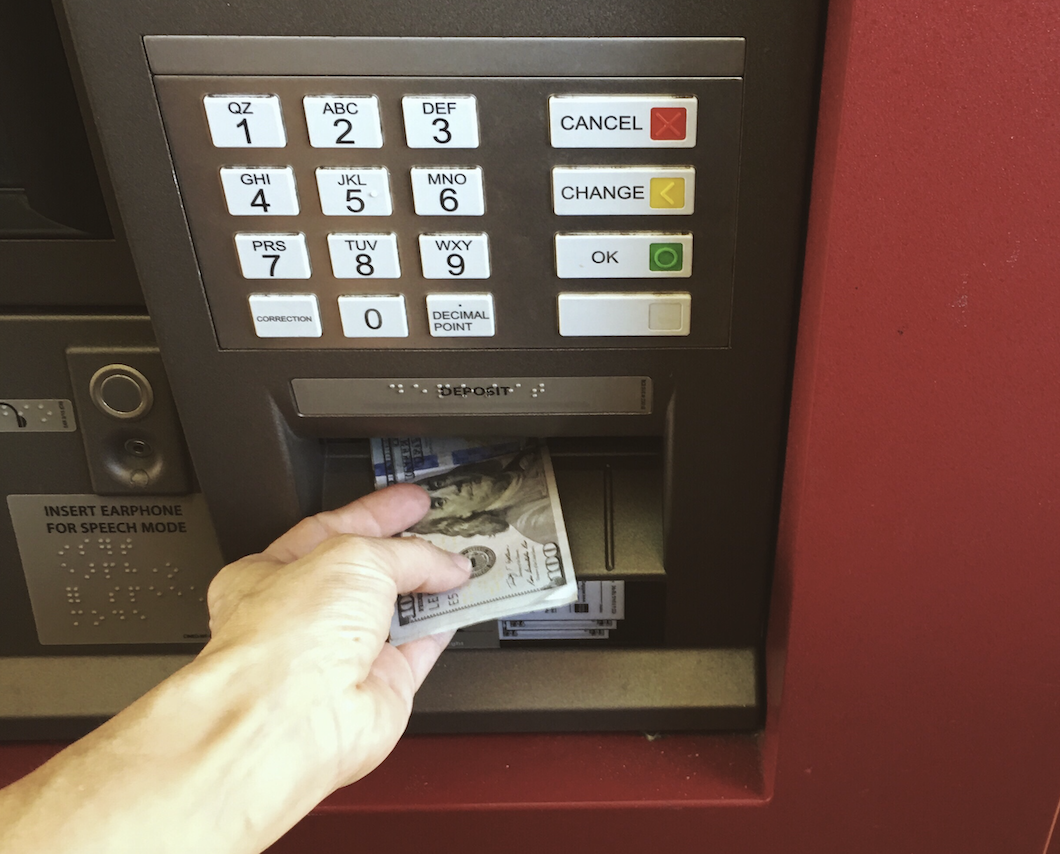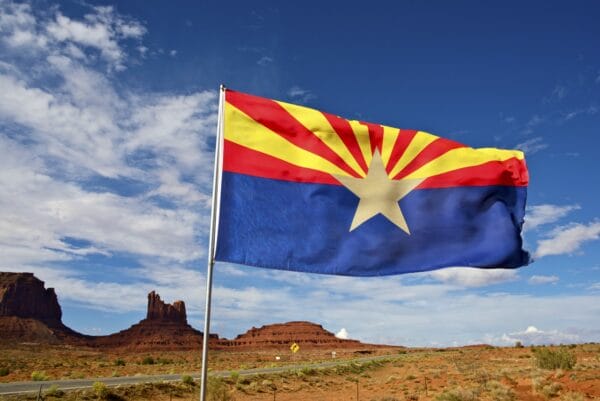By Chris Malloy | Phoenix New Times Magazine
Prop. 207 promises to share the riches of recreational pot by opening up the rapidly consolidating industry to new, independent owners, primarily by awarding social-equity licenses to “communities disproportionally impacted” by Draconian pot laws – presumably, lower-income people and minorities.
Adam Trenk, director of hemp, equine and cannabis law at Rose Law Group in Phoenix, says we won’t know exactly who will qualify until the rule is finalized in early 2021. Still, he believes DHS is likely to consider
three factors.
The first is the applicant’s demography: race, ethnicity, religion, age and gender. The second is socioeconomic status; lower-income applicants might qualify, even if they aren’t from an impacted demographic group. The third factor is geography – whether an applicant lives in an area with a higher rate of marijuana arrests.
“It will likely be one of the three and probably a combination of the three factors,” Trenk says.
In essence, we have little specific idea of DHS’s ideal applicant. The first draft of rules, released December 10, did not address social equity.








